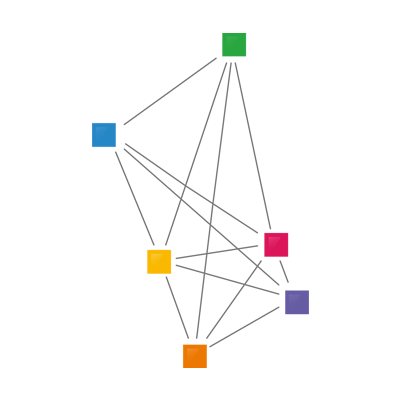Digital future of industry, energy and cities
4 Apr 2019 17:45h - 18:00h
Event report
[Read more session reports and live updates from the 2nd Western Balkan Digital Summit]
Mr Dejan Matić (Corporate Director of Information and Communication Technologies, Elektromreza Srbije) pointed out that since they are responsible for the transmission of electricity from plants to consumers, the company depends on digitalisation, and information and communication technologies (ICTs). Talking about the plans for future digitalisation, he added that the energy sector is rapidly growing and that new ways of producing energy are gaining momentum. Changing circumstances will most certainly make developments keep pace. Digitalisation helps us have control over all our assets, and have them in one network. This reduces the costs of operations by a high margin, he concluded.
Mr Nikolaj Zalevski (Chief Technical Officer) pointed out that oil production, refineries and gas stations are three businesses with three different focuses. It is important to have balance, and balancing would be challenging without digitalisation. Trained personnel help a lot to push things forward. He mentioned a project in which a large set of data helps create improved models for their drilling operations. This also leads to massive cost reductions for these operations.
Mr Udo Eichlinger (CEO, Siemens Serbia) pointed out that many industries see Siemens as one of the drivers of digitalisation, but that they are too driven by digitalisation, He added that in ten-year’s time, some current jobs in Siemens will no longer exist, but that there will be new ones. He added that Siemens is committed to Serbia and the region. The company works with many other sectors, such as pharmaceutical, steel production, energy sector, educational, just to name a few. As an example of advanced digitalisation, he pointed out that in the future we will have fully-customised personal items like sneakers and sports cars. The planet is getting smaller and there is huge competition, and only the fastest on the market will benefit from digitalisation. He concluded that there is human potential in the region to move things faster.
Mr Rade Vujović (General Manager, Roaming Solution LLC) pointed out that digitalisation expanded their list of partners. He added that the ICT environment in Serbia is quite good. The moment should be used for improving emerging industries and finding technological solutions for existing ones. If we are ready to accept changes, they will happen faster. Understanding the new circumstances can provide significant advantage.
Mr Roland Seelinger (President and CEO, Hemofarm AD) shed some light on digitalisation in the pharmaceutical industry. He said that certain levels of digitalisation exist and are in good shape, but that there is space for improvements. One of the most promising things to look forward to is a personalised environment for patients. He pointed out the need for the development of the ICT infrastructure and for engaging more people who will further make developments in the region. There should be no boundaries if the right people are in the right place.
By Arvin Kamberi
Related topics
Related event

